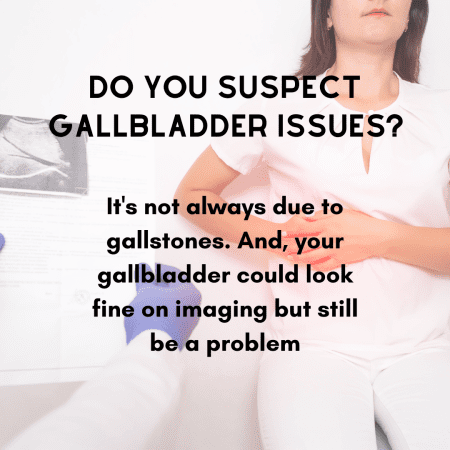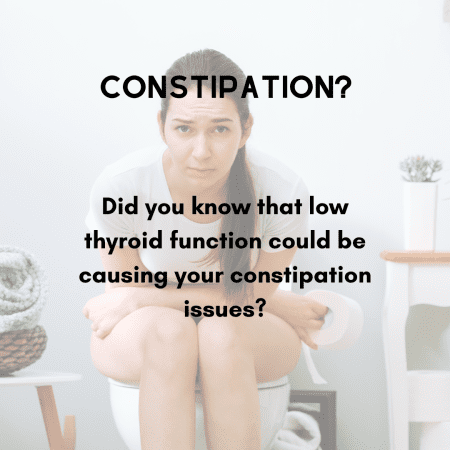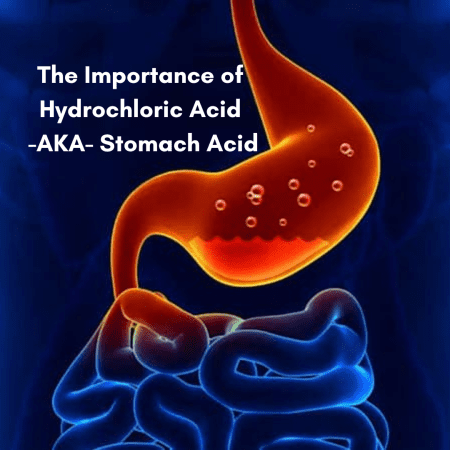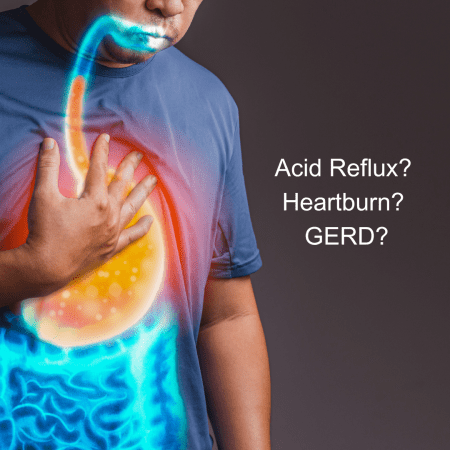
Top 5 reasons your tired
Fatigue is one of the most common complaints we hear about from our patients. To help them reach their goal of increased energy, we have to better understand what is driving their exhaustion to begin with. Many times, there’s not just one single reason people feel tired, so we really have to engage in critical thinking.
Luckily, there are some common factors involved in fatigue that help us narrow down the contributing factors so that we can get results for our clients.
- Poor digestion and absorption – if the digestive system is not functioning properly it leads to an inability to absorb nutrients effectively. Energy comes in the form of food. If you are not effectively breaking down and absorbing your food, you can be left feeling overly tired. Symptoms like bloating, gas, constipation and loose stool or urgency issues coupled with fatigue can all be red flags indicating you need to find out more about what might be going on.
Comprehensive testing can not only help us determine someone’s vitamin and mineral status but also helps us understand a patient’s digestive function, allowing us to create a plan of action to correct imbalances and function.
2. Chronic Stress or anxiety – stress and anxiety interrupt proper digestion and have a negative impact on sleep. Additionally, stress can lead to adrenal insufficiency, a situation where the adrenal glands can’t keep up with the production of enough cortisol. Cortisol is a hormone that is released by the adrenals to help regulate blood pressure. When we are stressed, we release higher amounts of cortisol. The more stress or anxiety we encounter, the more cortisol we use and the system can become overtaxed, leaving us exhausted.
3. Blood sugar dysregulation – feeling fatigued after meals or repeatedly feeling tired in the afternoons can be signs of blood sugar dysregulation. Sometimes low blood sugar is the issue but insulin resistance could also be at play. If you feel that your fatigue is situational in this way, you should consider having your blood sugar and insulin levels checked by someone that is willing to run the right markers and knows how to analyze them.
4. Thyroid dysfunction – hypothyroidism or low thyroid function leaves people feeling constantly fatigued. Most practitioners will only run a TSH (thyroid stimulating hormone) and maybe T4 blood test, missing very valuable information that helps us fully understand the whole picture when it comes to thyroid function. Adding T3 gives a more in depth look at thyroid function and Reverse T3 is helpful as well. If you are feeling tired all the time, consider working with someone that is a thyroid expert and knows what tests to run and how to approach correcting thyroid function.
5. Not engaging in enough body movement throughout the day – body movement increases circulation and therefore the amount of oxygen we receive throughout the day. Oxygen gives cells the energy they need to break down food which in turn gives us energy.
Our hectic lives and jobs that keep us bound to a sitting position way longer than humans were intended to sit, contribute to less body movement than is beneficial for our overall health and wellness but it also leads to fatigue. It may sound counterintuitive but the more you move your body the more energy you have. The less you move your body, the more tired you feel. And, it doesn’t take an hour of body movement every day to feel more energy. Simply getting up and walking around throughout the work day is helpful. Adding a short walk a few times a week before or after work can work wonders. Start small and work your way up, you won’t regret it!
As you can see, there are lots of things to think about if you are suffering from fatigue. And, this is a partial list, to be honest. Working with a functional medicine practitioner means you will be asked all the right questions and have access to all the right testing options that can uncover answers to your fatigue once and for all.
Reach out and schedule a consultation today! We would love to help bring energy back into your life.
 Gallstones are not the only gallbladder issue that can cause us to feel terrible.
Gallstones are not the only gallbladder issue that can cause us to feel terrible.
 No two cases of constipation are precisely the same. There are many potential underlying issues that could be at play with constipation.
No two cases of constipation are precisely the same. There are many potential underlying issues that could be at play with constipation.  The stomach has a unique environment where the pH is substantially different from anywhere else in the digestive tract.
The stomach has a unique environment where the pH is substantially different from anywhere else in the digestive tract.  Helicobacter Pylori or H. Pylori is a type of gram-negative bacteria that can cause serious issues in the stomach.
Helicobacter Pylori or H. Pylori is a type of gram-negative bacteria that can cause serious issues in the stomach. Roughly 1/3 of the adult population in the U.S. suffer from acid reflux. That’s a lot of unhappy people!
Roughly 1/3 of the adult population in the U.S. suffer from acid reflux. That’s a lot of unhappy people!